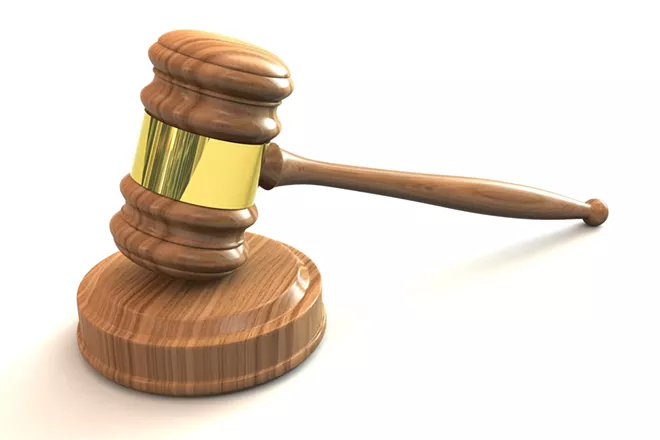New York Times News Service
WASHINGTON — The closed-door “training academy” was aimed at a select group: recent law school graduates who had secured prestigious clerkships with federal judges. It was organized by the Heritage Foundation, a conservative group that has played a leading role in moving the courts to the right, and it had some unusual requirements.
“Generous donors,” the application materials said, were making “a significant financial investment in each and every attendee.” In exchange, the future law clerks would be required to promise to keep the program’s teaching materials secret and pledge not to use what they learned “for any purpose contrary to the mission or interest of the Heritage Foundation.”
The conservative legal movement has long cultivated law students and young lawyers, partly to ensure a deep bench of potential judicial nominees. The Heritage Foundation, along with the Federalist Society, helped compile the lists of potential Supreme Court nominees from which President Donald Trump chose Justices Neil Gorsuch and Brett Kavanaugh.
But legal experts said the effort by Heritage to train and influence law clerks raised serious ethical questions and could undermine the duties the clerks have to the justice system and to the judges they will serve.
“Law clerks are not supposed to be part of a cohort of secretly financed and trained partisans of an organization that describes itself on its own webpage as ‘the bastion of the American conservative movement,'” said Pamela S. Karlan, a law professor at Stanford. “The idea that clerks will be trained to elevate the Heritage Foundation’s views, or the views of judges hand-picked by the foundation, perverts the very idea of a clerkship.”
On Thursday, after The New York Times published an online article about the training, Heritage announced it was suspending the program.
“Heritage is re-evaluating the Federal Clerkship Training Academy,” Greg Scott, a spokesman said in a statement. “As a result, the program will not go on as scheduled.”
Before the article was published, Breanna Deutsch, a Heritage spokeswoman, declined to answer detailed questions about the program, which had been scheduled for early February.
“It’s a private program, and that’s the way we’d like to keep it,” she said.
A few hours later, Heritage deleted the references to donors, secrecy and loyalty from the application materials it had posted on its website. Deutsch did not respond to a request for an explanation and to other questions about the program.















